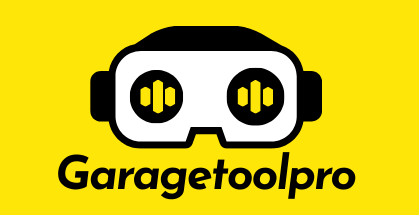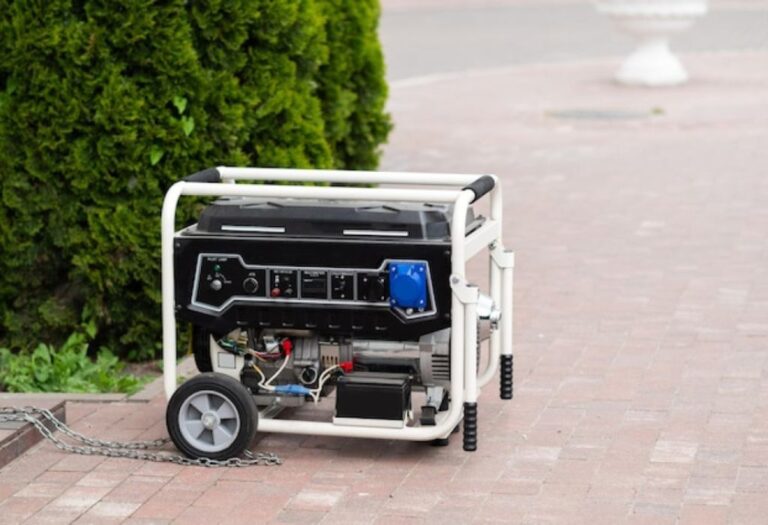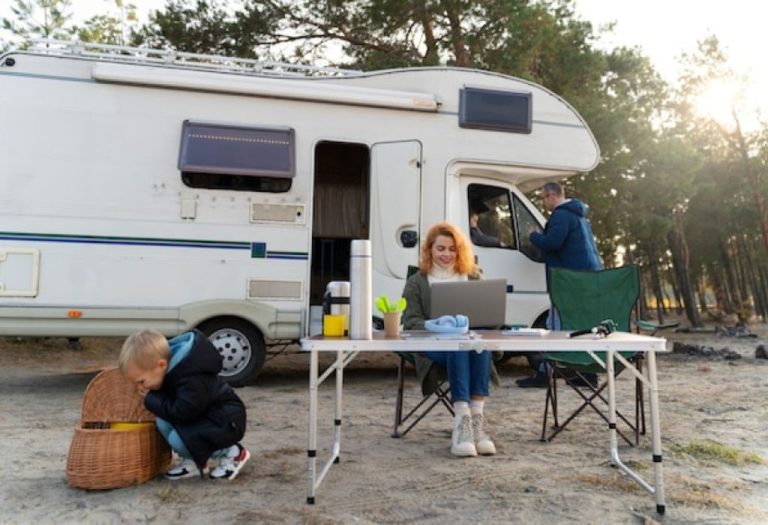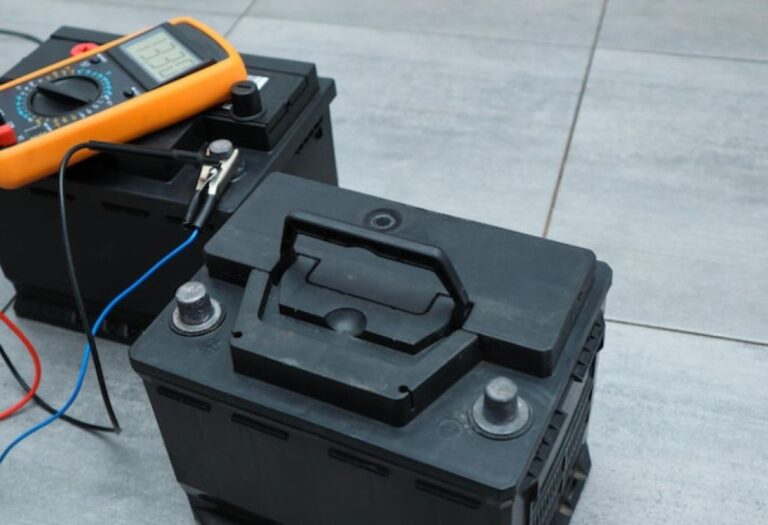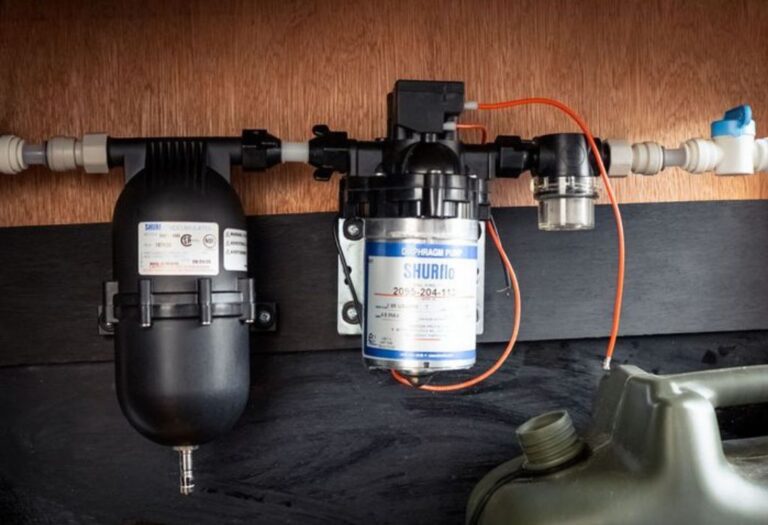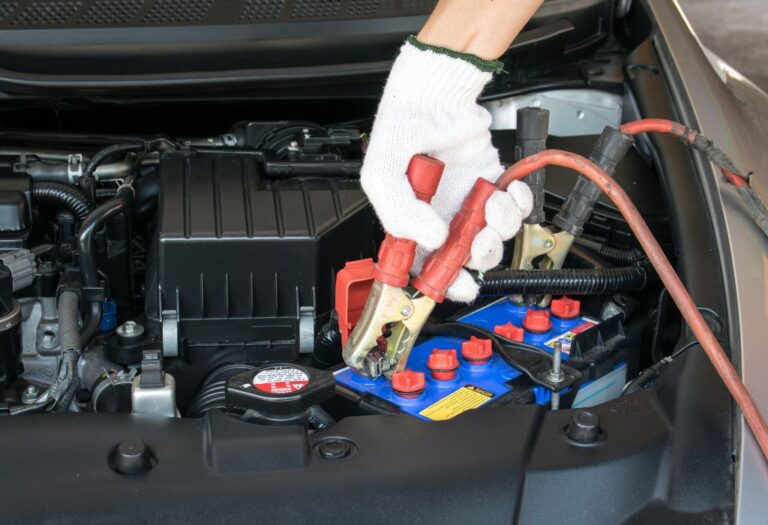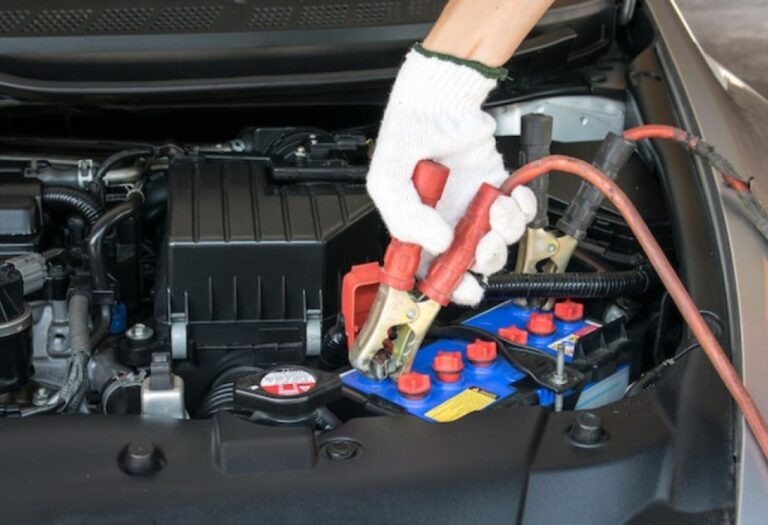Can You Leave City Water Running in Your RV?
Hooked up to the spigot, the RV’s water system springs to life—running taps, hot showers, and full-size flushing toilets. But under the surface of that convenience hides a hidden risk when you ask, can you leave city water running in your RV? What happens if that steady flow continues unattended? What damage might be lurking inside the pipes?
Imagine arriving at your campsite after a long drive, connecting to the campground’s water supply and turning on the tap—relief at last. But statistics show that up to 60% of RV-plumbing failures trace back to over-pressurised hookups or unattended city water connections (thervgeeks.com). This one simple step can lead to bursts, flooding, and major repair bills.
Given that many rigs are now equipped with luxury showers and high-flow appliances, the pressure in a typical municipal spigot vastly surpasses what RV plumbing was designed for. Now the question becomes not just can you leave city water running in your RV, but should you? Proper pressure regulation, leak monitoring, and winterisation are essential to avoid unintended consequences.
This article will unravel how city water hookups in RVs work, examine the risks of leaving that supply running, and offer clear best-practice steps for safe use. Whether hooking up for a weekend stay or leaving the rig unattended overnight, you’ll gain the knowledge to make the right choices—and protect both your RV and your peace of mind.
What “City Water” Means for Your RV

When connecting to “city water,” you’re tapping into a pressurised municipal or campground supply that sends water directly through your RV’s plumbing system. Unlike drawing from the fresh tank, this setup bypasses the onboard water pump entirely, giving you a continuous stream as long as the source remains open.
City water connections are convenient but come with limits. RV plumbing is designed for controlled internal pressure, usually far lower than what campground lines deliver. Without a regulator, this steady flow can overwhelm fittings, leading to leaks or even pipe bursts—especially in older or lightly built rigs.
What is a city water hookup in an RV?
It’s an external connection that allows pressurised water from a campground or home supply to feed your RV directly, replacing the need for the water pump.
How does city water differ from using your RV’s fresh tank and pump?
City water provides a continuous flow under pressure, while the fresh tank relies on stored water that’s pumped out as needed.
Can city water pressure damage your RV plumbing?
Yes. Many municipal systems exceed 80 psi, while most RV plumbing is safe only up to about 60 psi without a regulator.
Is it safe to assume campground city water is always drinkable?
No. Some campground water sources may contain high mineral or bacterial levels; always use a certified drinking-water hose and filter.
Why do RV owners prefer city water over the fresh-tank method?
It eliminates the need for refilling, reduces pump noise, and offers consistent pressure for showers and appliances.
Is It Okay to Leave City Water Running in Your RV?
Leaving city water running can seem harmless—but it’s not always wise. Technically, you can keep the connection open 24/7, but doing so introduces risk if you aren’t monitoring the system. Continuous pressure means any weak spot in plumbing or fittings can fail suddenly.
A steady pressurised supply can leak into walls, floors, or storage compartments without detection. If you’re away or asleep, water damage can become extensive before you notice. That’s why many RV experts recommend closing the spigot when not in use or installing an automatic shut-off.
Can you leave the city water hooked up continuously?
Yes, but only if the pressure is regulated and the RV’s plumbing is in excellent condition.
What risks come with leaving city water running unattended?
Leaks, burst hoses, flooding, and wasted water are the most common issues.
Does city water affect your fresh tank or pump?
It bypasses the pump, but if plumbing is misconfigured, backflow could enter the fresh tank, leading to contamination.
When should you avoid leaving city water connected?
Avoid during travel, when leaving the campsite, or in freezing weather.
What do RV manufacturers recommend?
Most suggest shutting off water when away or using a pressure regulator to control flow.
Key Safety Measures for Using City Water in an RV
Safety is all about controlling pressure, monitoring flow, and maintaining clean connections. Every component of the system—from hose to faucet—should be verified before turning the water on.
Use a high-quality drinking-safe hose and install a pressure regulator rated between 40–60 psi. A backflow preventer adds another layer of protection, preventing contamination from your RV returning to the municipal supply. And always inspect fittings for signs of corrosion or wear.
What water pressure is safe for an RV city connection?
Typically between 40 and 60 psi. Anything higher can cause fittings to loosen or burst.
Which equipment should you use at the hookup?
A water filter, pressure regulator, and clean hose made for potable water.
Should you leave the valve open overnight?
Only if you’re inside and able to monitor for leaks. When leaving the RV, close the valve.
How does freezing affect the connection?
Water in hoses expands when frozen, leading to cracked fittings and burst lines.
What are warning signs of plumbing trouble?
Sudden loss of pressure, dripping at joints, damp floorboards, or an unusual hissing sound in walls.
Advantages and Disadvantages of Leaving City Water Running

While convenience is tempting, balance it with caution. Having continuous water means no pumping noise and unlimited showers—but it also means continuous exposure to pressure.
If a fitting fails, city water will keep flowing until you shut it off. A single cracked joint could flood the RV’s floor or cabinets in minutes. Short-term use is fine, but long-term unattended use can be disastrous.
What are the benefits of keeping city water connected?
Consistent pressure, less pump maintenance, and unlimited water supply.
What are the drawbacks?
Potential leaks, flooding, water waste, and unnoticed system failures.
Does this reduce wear on your pump?
Yes. The pump stays off, extending its lifespan.
Can it raise your campground water bill?
Yes, especially if billed by consumption.
Are there environmental concerns?
Leaving water running contributes to waste and strains local water systems, particularly in dry regions.
Best Practices for Overnight or Unattended Use
If you prefer to keep your city water running overnight, a few precautions make it safer. Check every hose connection for tightness and visible moisture. Always use a regulator and consider adding a water leak detector under sinks and near the water heater.
When leaving for the day or longer, turn off the spigot or disconnect entirely. The few seconds it takes could save thousands in repair costs. An inline shut-off valve or automatic water-cutoff system offers extra insurance.
Can you safely leave water on while sleeping?
Yes, if pressure is regulated and the system is inspected for leaks beforehand.
Should you leave the water connected while away from the RV?
No. Shut it off to prevent flooding or hose failure.
How long is safe for continuous hookup?
Generally a few hours to overnight if monitored, but not for multiple days unattended.
Should you use sensors or automatic shut-offs?
Absolutely. These can detect leaks early and prevent major damage.
What should you inspect before leaving water running?
Check for hose wear, tight fittings, dry floors, and consistent pressure at faucets.
Winterizing and Freezing Risks
Cold weather transforms a simple hookup into a potential disaster. When temperatures drop, water inside hoses and fittings can freeze and expand, splitting plastic components. Even a minor freeze can crack fittings or loosen seals.
If camping in freezing conditions, use heated hoses or insulate standard ones. Many RV owners disconnect city water entirely during cold snaps, relying instead on their onboard fresh tank and pump. That approach minimizes exposure to frozen lines and keeps water flowing internally where it’s warmer.
Is it safe to leave city water connected in winter?
Only if temperatures remain above freezing or heated hoses are installed.
What’s the best way to prevent freezing damage?
Use insulated hoses, heat tape, or disconnect and drain lines.
Should you rely on your fresh tank instead?
Yes, it’s safer during cold weather.
What signs indicate freezing damage?
Reduced flow, bulging hoses, or dripping after thawing.
What maintenance helps in cold seasons?
Draining low-point valves and storing hoses indoors when not in use.
Conclusion
Leaving city water running in your RV is convenient—but not risk-free. The answer to can you leave city water running in your RV is yes, but only under the right conditions. Always use a pressure regulator, monitor connections, and shut off the water when you’re away or expecting freezing weather. These small habits can save your RV from costly leaks, interior water damage, and plumbing failures.
RV living thrives on balance—comfort meets caution. A little awareness and a few safety accessories ensure you enjoy every drop of water without worry. Stay safe, stay dry, and travel smart.
I’m David R. Coleman, the founder, lead writer, and lifelong tool enthusiast behind GarageToolPro.com. With years of experience in automotive repair, woodworking, and home DIY projects, I created this platform to share practical tips, detailed tool reviews, and step-by-step guides that help mechanics, hobbyists, and homeowners get the job done right the first time.
